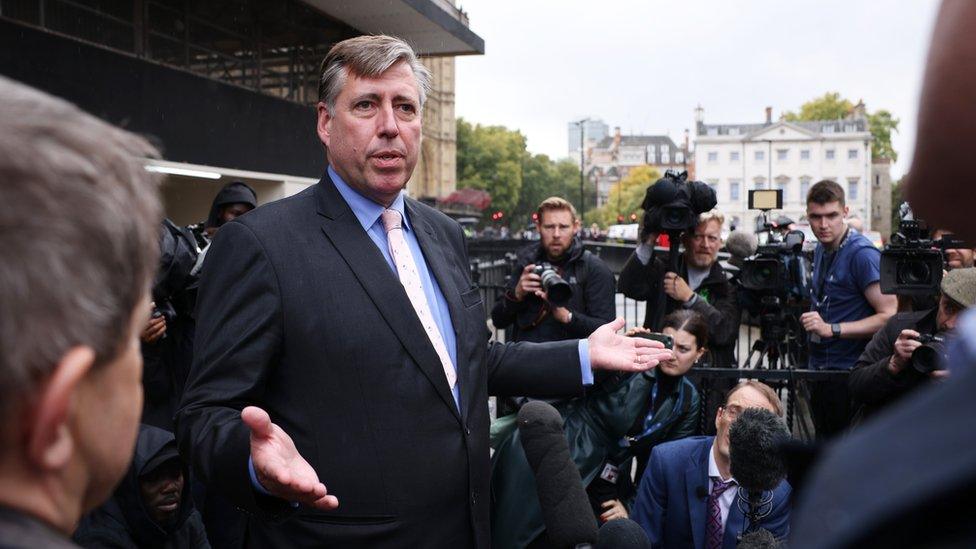Memoir will dispel myths, ex-1922 chairman says
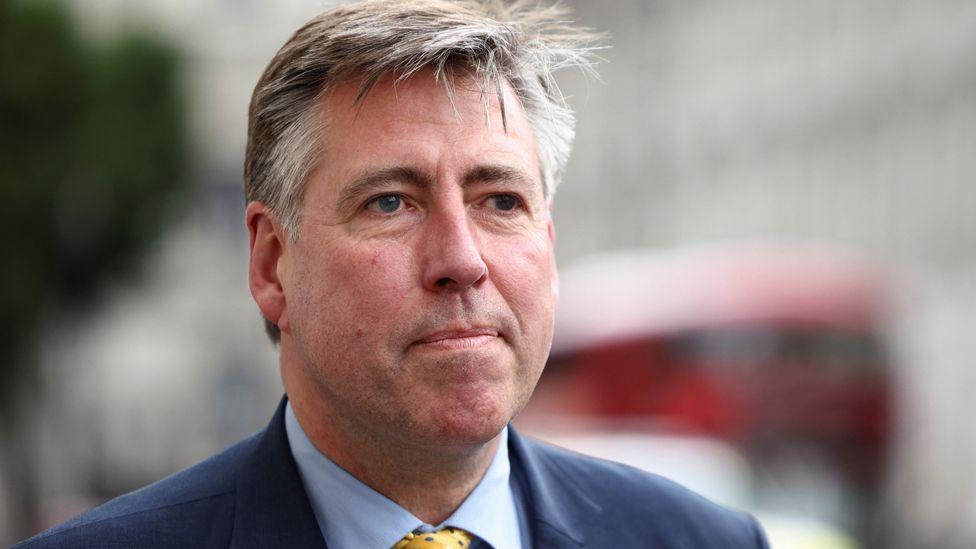
Lord Brady said he learned "early on" to keep his counsel as the committee's chairman
- Published
The famously tight-lipped former chairman of the 1922 Committee has said writing his memoir has been a chance to document his unique view of a "uniquely turbulent period in British politics".
Lord Graham Brady presided over the influential backbench group for 14 years and saw five prime ministers and major events such as Brexit, the Covid pandemic and the war in Ukraine.
Lord Brady, who has called his memoir Kingmaker, said he learned "early on" to keep his counsel in the role, but there were now "important things to get on record".
He said he also wanted to "dispel some myths", as some people had used his taciturn approach "to speculate and claim certain things".
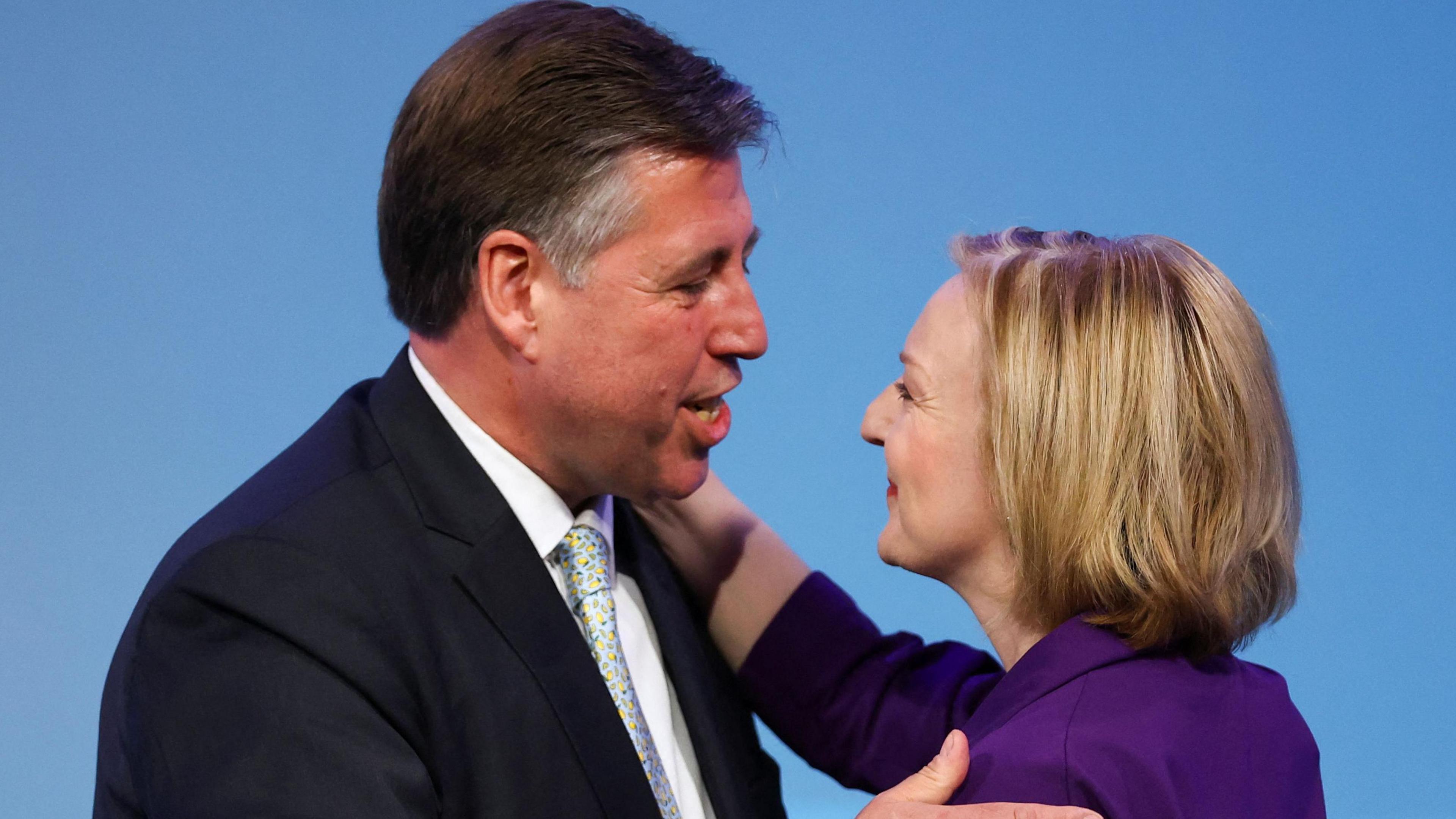
Lord Brady was chairman of the committee during the tenures of five prime ministers
Born in Salford in 1967, Lord Brady first became active in the Conservative Party aged just 16.
In 1997, shortly before his 30th birthday, he was elected MP for Altrincham and Sale West in Greater Manchester, becoming what was then the party's youngest MP.
In 2010, he was elected chairman of the 1922 Committee, a role he held unchallenged for 14 years making him the longest serving chairman in the committee's history.
The group - known in Westminster as the "men in grey suits" - meets weekly and discusses the view of the party's backbench MPs.
He was known for keeping his opinions private during his time at the head of the committee.
He said that was the only way he could do the job without betraying confidences.
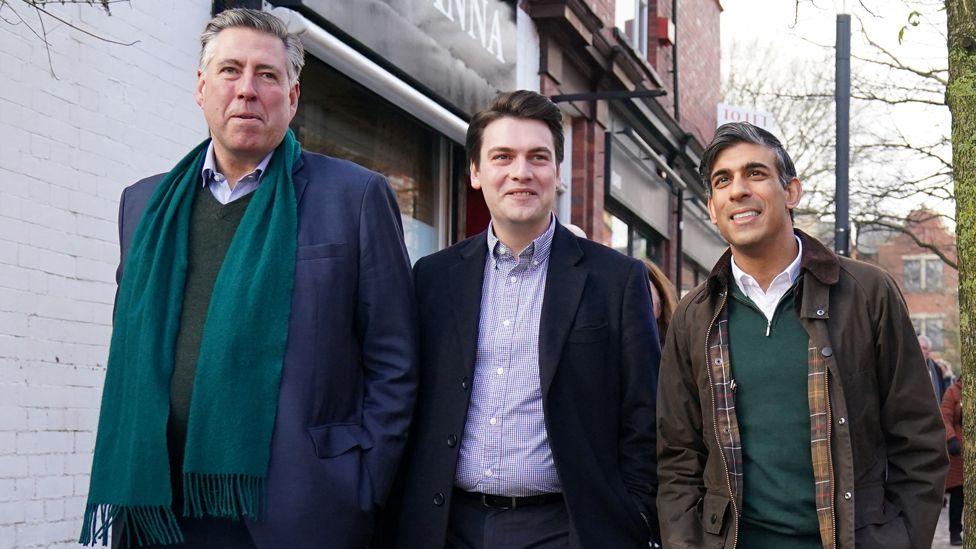
Lord Brady praised Rishi Sunak for steadying things after the "brief but damaging period of the Liz Truss premiership
His time in the post took in the tenures of five prime ministers - David Cameron, Theresa May, Boris Johnson, Liz Truss and Rishi Sunak.
He said he sought to offer them all his counsel as the 1922 Committee chairman, who was elected by their fellow MPs, was "the only adviser they have whom they haven't appointed".
"That ought to be seen as something which is quite valuable, in that it's a different source of advice from somebody who doesn't actually owe them for their position," he said.
He said some of his advice had been listened to, while other suggestions were ignored.
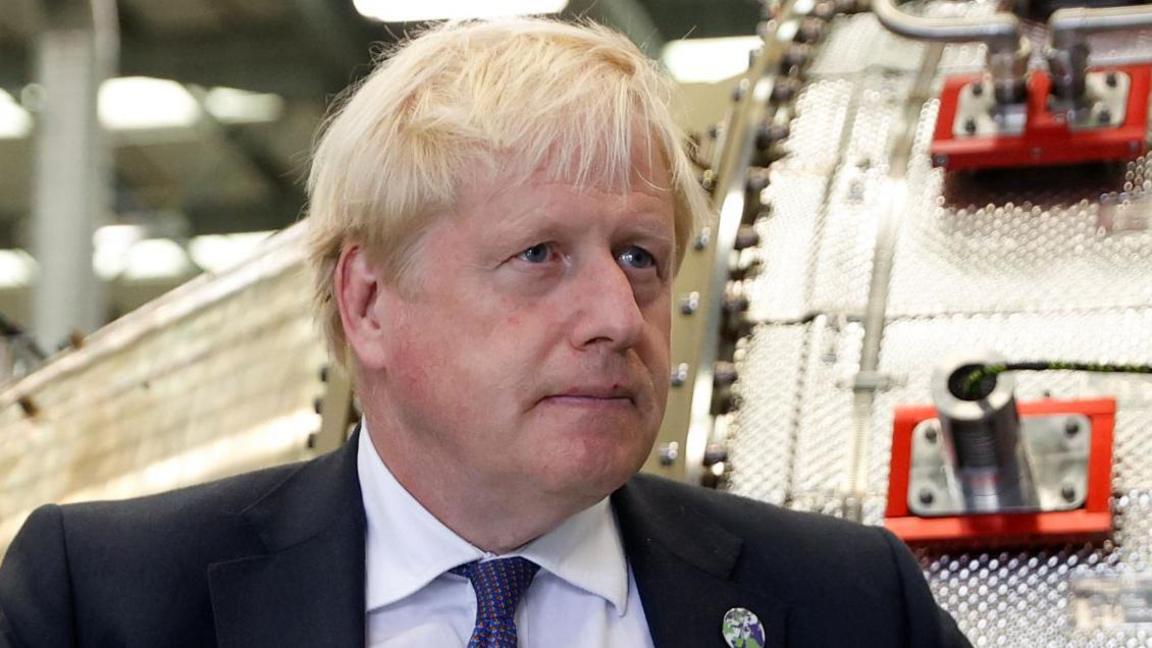
Lord Brady said Boris Johnson had to make some "very, very difficult judgements" during his time as PM
He said there were a number of instances when he and Lord Cameron "fell out" over various things, but added that on the whole, he was a "pretty good prime minister... until he could not keep the plate spinning any more".
He also praised Rishi Sunak for his stabilising presence after the "brief but damaging period of the Liz Truss premiership" and said he also always respected Baroness May's "dedication to public service".
He said he disagreed with Boris Johnson's handling of the pandemic, which involved restrictions that were "too tight" and saw the government treat people in a way that showed they "weren't trusted enough to make their own judgements".
However, he said the pandemic had been"a hellishly difficult time to be prime minister" and required Mr Johnson to make some "very, very difficult judgements".
He added that he respected anyone who took on the role of prime minister, particularly "through those years of turmoil and exceptional circumstances, the pressures were immense".
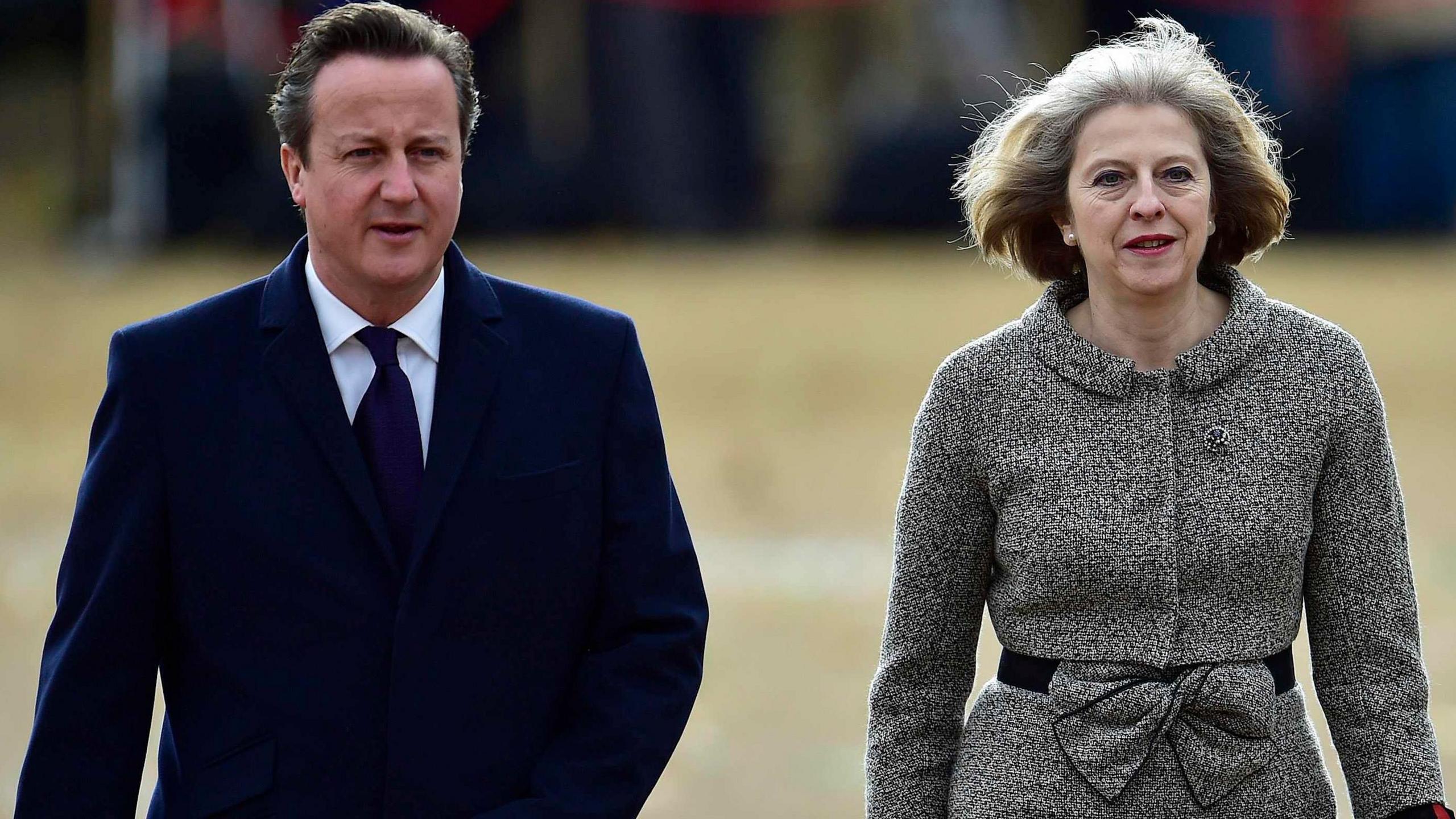
Lord Brady was a shadow minister under Lord Cameron, but resigned over a disagreement
Lord Brady, who chose not to stand in the last general election, said he had left front-line politics because he was, at 57, "still young enough to pursue other opportunities".
He said the first was publishing his memoir, which was "largely a diary, based on my diaries".
"There's no point in over-editing that, so there are things that I say that are what I thought at the time, and some of them are fairly trenchant views," he added.
"They may possibly be... views that would have developed over time and changed into slightly different judgements, but I didn't think there was any point in making things up or holding too much back.
"I haven't said everything I could have said but I've been going through the notes in the diaries that I kept I've tried to make sure that things that were important and things that people will base their judgements on are there."
Kingmaker: Secrets, Lies, and the Truth about Five Prime Ministers will be published on 26 September
Listen to the best of BBC Radio Manchester on Sounds and follow BBC Manchester on Facebook, external, X, external, and Instagram, external. You can also send story ideas via email to northwest.newsonline@bbc.co.uk, external and via Whatsapp to 0808 100 2230.
Related topics
- Published7 March 2023
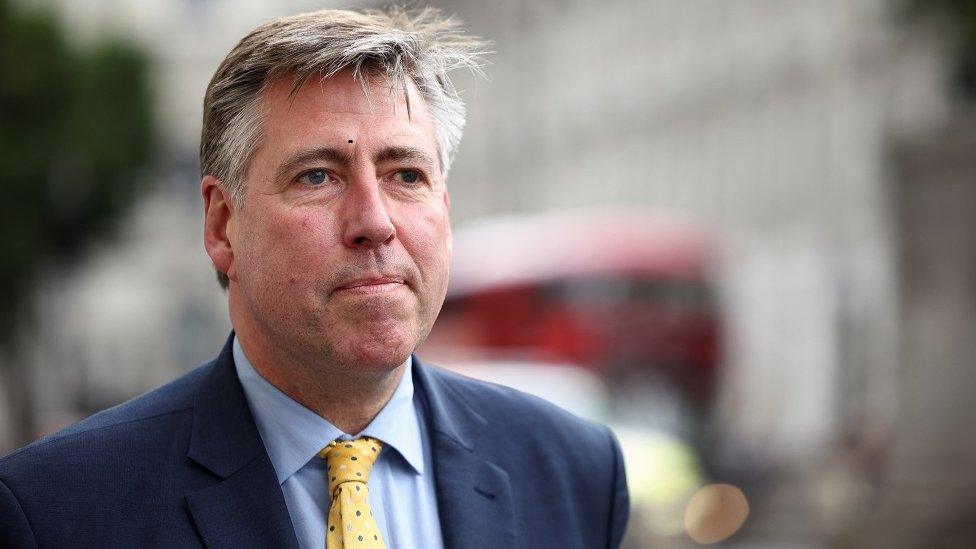
- Published20 October 2022
